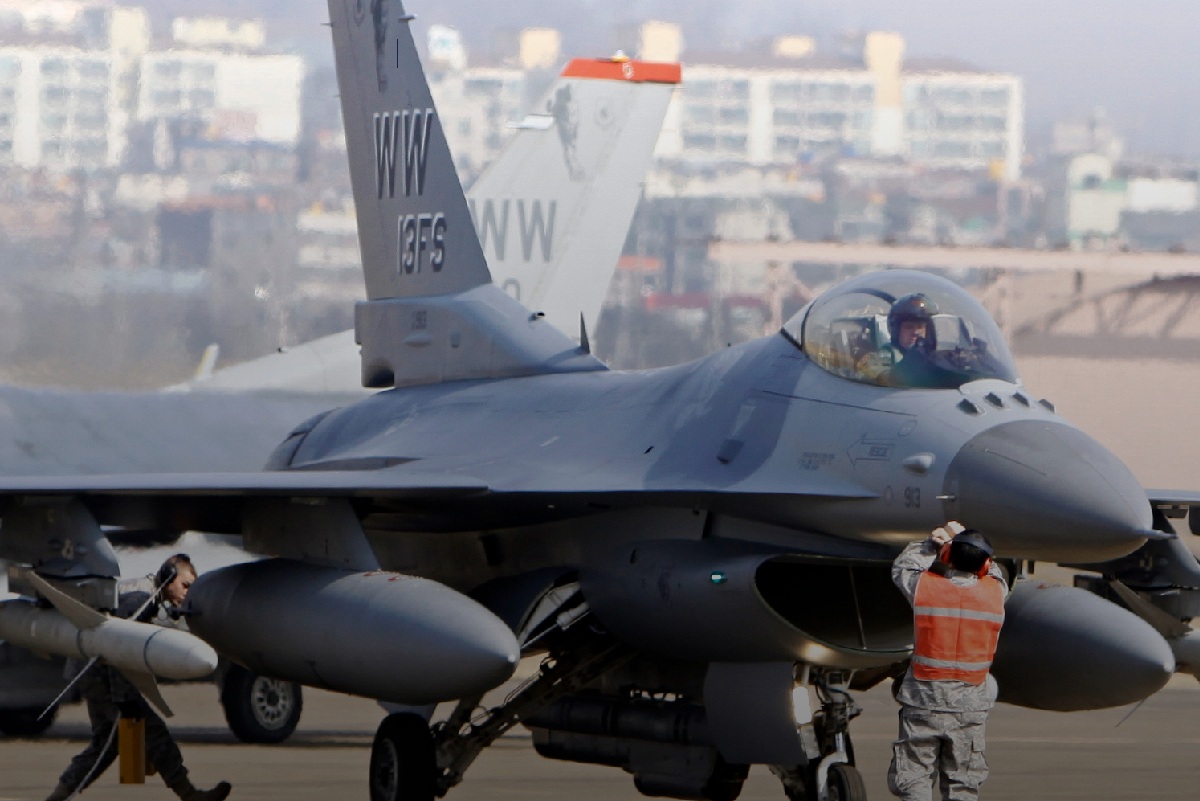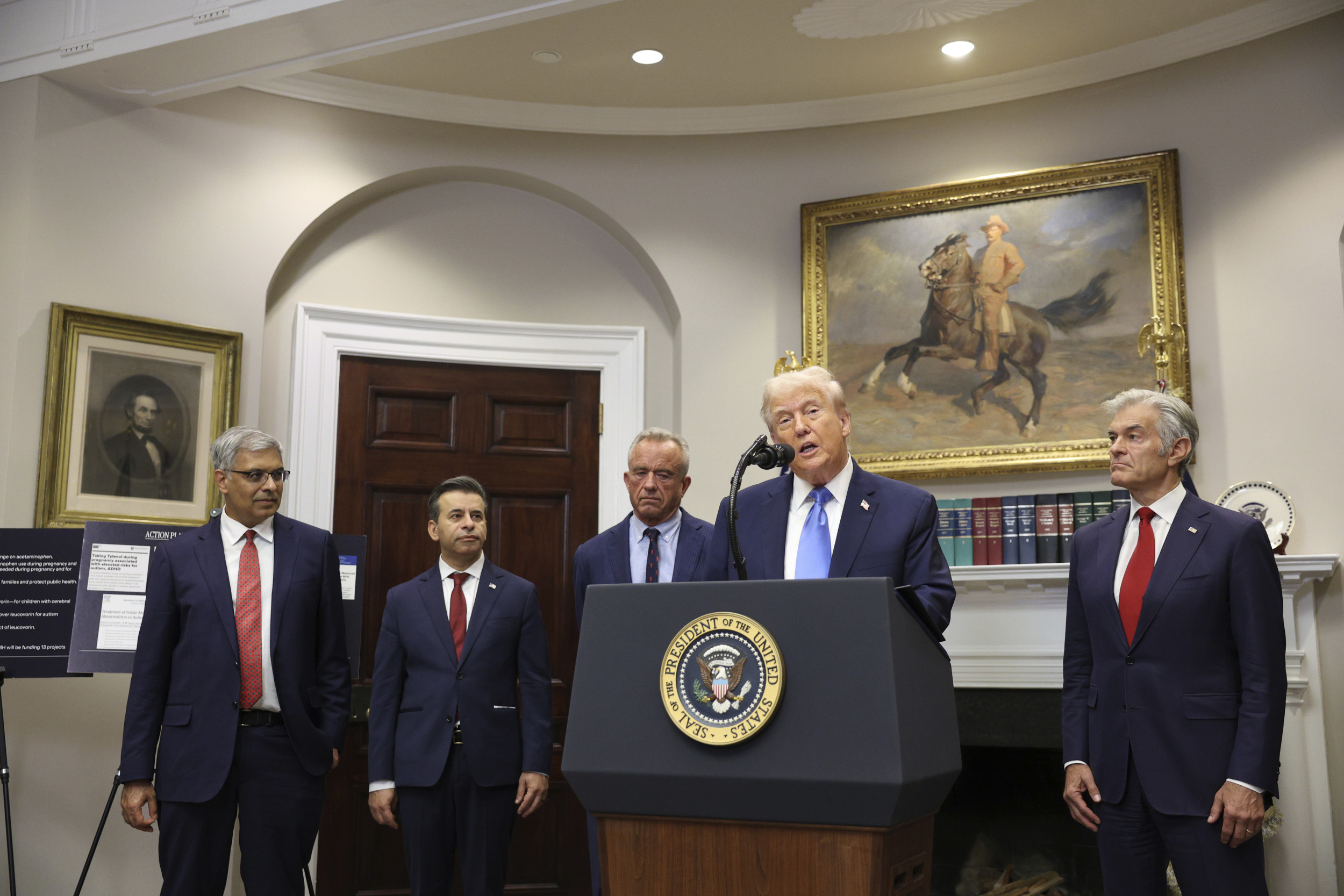
A string of detentions of Chinese nationals caught taking unauthorized photos or filming near military bases has raised concerns over Beijing-linked spying in South Korea.
Newsweek has reached out to the Chinese embassy in South Korea with an emailed request for comment.
Why It Matters
The incidents, some of which took place near installations housing U.S. air and naval forces, recall suspected espionage cases in the Philippines and Japan, which, like South Korea, are key American security partners.
Tensions are running high as China steps up its challenge to U.S. military power across the Asia-Pacific, including efforts to assert territorial claims in the South and East China seas and around Taiwan.
What To Know
Acting on a tip from U.S. military personnel, South Korean authorities detained two Chinese nationals on April 23 for using high-end cameras to photograph planes, on suspicion of violating Seoul’s Protection of Military Bases and Installations Act, according to local reports.
Police confirmed the pair had been briefly detained and warned just two days earlier for the same activity near the same facility—Osan Air Base in Pyeongtaek.
The base is the center of U.S. Air Force operations in the country and home to the 51st Fighter Wing, which operates a variety of aircraft, including F-16s and A-10 Thunderbolt II “Warthog” attack planes.

U.S. Air Force
The two men were released after a review determined the photos, which were taken from public streets, did not constitute a national security threat. South Korean law does not consider photographing planes from nonrestricted areas to be a legal offense.
The incident follows a similar case involving two Chinese teenagers who were arrested for violating the same law after authorities discovered they had taken thousands of photos at Osan Air Base and several other major bases and international airports.
The students, who had arrived just three days prior on tourist visas, told authorities that plane photography was a hobby.
One of them also said his father works for China’s public security bureau, raising questions about whether the students had been tasked with collecting intelligence on their government’s behalf.
Under current South Korean law, a suspect can be prosecuted for espionage only if found to have acted on behalf of an “enemy state,” meaning North Korea. Violators of the Military Bases and Installations Protection Act face up to three years of jail time or a maximum fine of 30 million won ($21,000).
What People Are Saying
An investigating South Korean official previously told the Chosun Daily: “Given that they began photographing strategic assets and key installations almost immediately after entering the country, their actions appear premeditated.”
What Happens Next
The investigation into the Chinese tourists is ongoing.
One official told the Chosun Daily there are likely more such cases that have yet to be uncovered.




